What are excavator attachments?
What are Excavator Attachments?
Excavator attachments are tools and accessories that can be attached to excavators. They enhance the functionality and versatility of excavators, allowing them to perform various tasks beyond their primary function of digging. These attachments are designed for specific applications and can help in different construction, landscaping, and demolition activities. In this article, we will explore the different types of excavator attachments and their uses.
Types of Excavator Attachments.
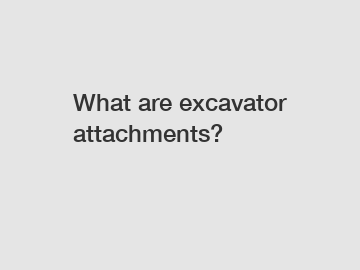
1. Buckets.
Excavator buckets are the most common and essential attachments. They come in various sizes and shapes, depending on the specific task. General-purpose buckets are used for digging and moving large quantities of materials like soil, gravel, and sand. Other specialized buckets include ditching buckets, rock buckets, and trenching buckets, each designed for specific applications.
2. Augers.
Augers are attachments used for drilling holes in the ground. They are commonly used in landscaping and construction projects where holes need to be dug for fence posts, foundation footings, or planting trees. Augers come in different sizes and can be fitted to excavators of various sizes. Some augers have the capability to drill deep holes, making them suitable for projects that require deep foundations or pile installations.
3. Rippers.
Rippers are attachments used for breaking up hard or compacted surfaces such as asphalt or concrete. They are equipped with strong teeth that penetrate and break the surface, making it easier to excavate, remove, or prepare the area for further construction or maintenance. Rippers are commonly used in road construction, demolition projects, and land clearing.
4. Grapples.
Grapples are attachments used for grabbing and lifting materials. They are commonly used in forestry and landscaping projects to handle logs, brush, or rocks. Grapples come in various designs, including fixed grapples, rotators, and vibrating grapples. They can be operated using hydraulic cylinders or mechanical mechanisms, depending on the specific requirements.
5. Demolition Tools.
Demolition tools, such as hydraulic breakers and crushers, are attachments used for the demolition of structures and concrete. Hydraulic breakers are used to break down large rocks, concrete, and other materials, while crushers are used to crush debris into smaller pieces for easier removal. These attachments are commonly used in demolition, recycling, and construction projects.
6. Shears.
Excavator shears are attachments used for cutting and dismantling metal structures. They are commonly used in scrap yards, recycling facilities, and demolition projects. Shears can cut through metal like steel beams, pipes, or vehicle bodies. Their powerful cutting blades are operated using hydraulic cylinders, making them highly efficient for metal cutting tasks.
Conclusion.
Excavator attachments greatly enhance the versatility and productivity of excavators. Whether it’s digging, drilling, lifting, or demolishing, there is an attachment available to meet every requirement. By choosing the right attachment, operators can optimize the performance of their excavators and complete a wide range of tasks efficiently.
If you are interested in excavator attachments or need assistance in selecting the right one for your project, do not hesitate to contact us. Our team of experts will be happy to help you in finding the perfect attachment that meets your specific needs.
[Contact Us].
For more information, please visit fork positioner, carton clamp forklift attachment, telescopic fork attachment.
Related Articles


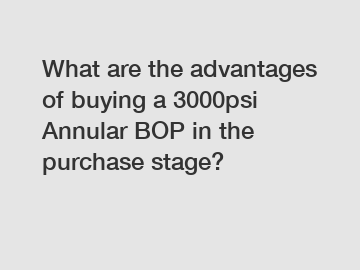
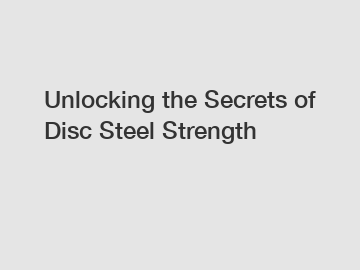
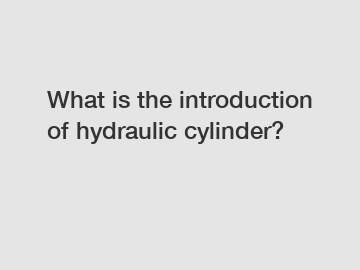
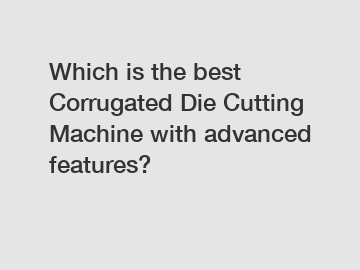
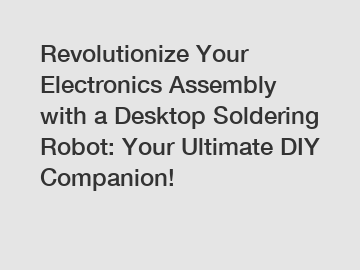

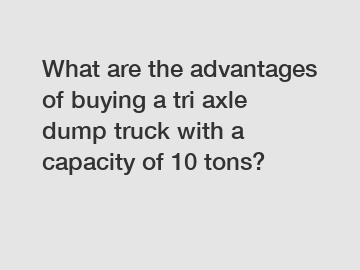
Comments